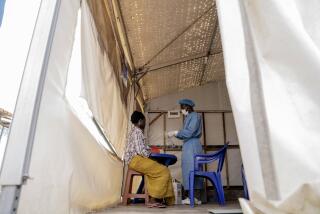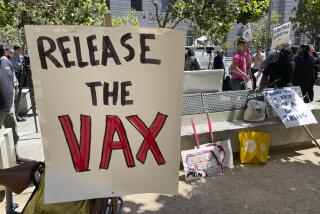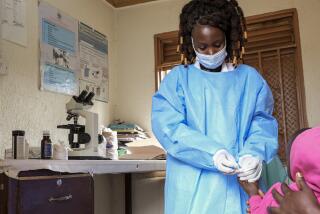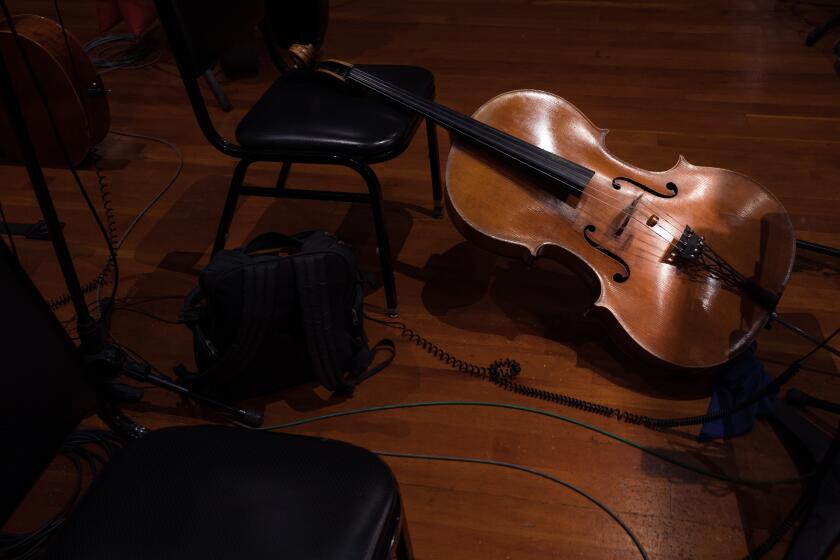Opinion: Chill out, America: An Ebola reality check
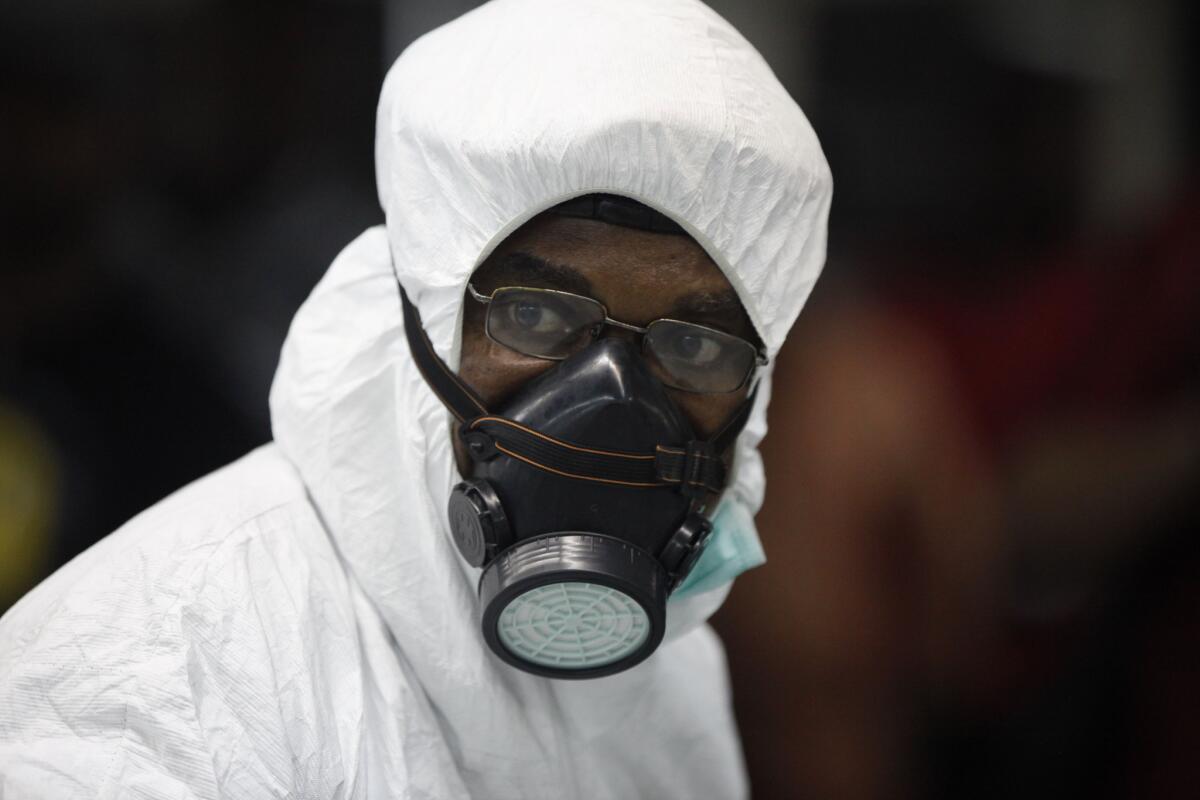
Reporting from Gambia, Africa — In West Africa, uneasiness is in the air. The world’s worst Ebola outbreak, one that has killed more than 900 people in four countries, is slowly but surely taking its toll on the region. There is no cure for the disease.
It’s fair to say, then, that West Africa has a lot to be worried about. What is less clear, though, is why some American and British news outlets have resorted to scare tactics to relay the perceived threat to their nations. Over the last week, such publications as the New York Post, the New York Daily News and the Daily Mirror have waged their own campaigns of terror about the health disaster hitting home, in spite of the fact that the “victims” in question all tested negative for the disease. It’s no new phenomenon for tabloids to sensationalize an issue, but openly scaremongering about one that is killing hundreds just across an ocean? Surely we can afford sufferers more respect than that.
Though it is impossible to predict how the crisis might have been handled had it begun in the United States or in Britain, the lack of medical infrastructure in several of the affected countries and frayed relations between civilians and hospital authorities after decades of brutal civil wars heap further pressure onto the epidemic. In the U.S., it is fair to assume that visiting a hospital will bruise your purse-strings but save your life; in Sierra Leone, Liberia, Guinea and Nigeria, that assumption is not so easy to make.
When any international crisis hits home, a certain element of looking after one’s own kicks in. But realistically, the likelihood of an Ebola outbreak in America is infinitesimal. And not only is the threat level mercifully low, the expertise in the country is extremely high.
Indeed, the care given to the two U.S. citizens who contracted the disease in Liberia and were flown to a hospital in Atlanta with a special isolation unit has attracted the ire of West Africa’s strained medical community, with many criticizing the resources being reserved solely for America’s sufferers. What has drawn particular attention is the dispensing of a highly experimental drug to the two Americans, which they got through the combined efforts of the Centers for Disease Control and Prevention, the National Institutes of Health and the Christian aid organization Samaritan’s Purse. If this country has access to a cure, or even the slightest way of making life for the disease’s victims more bearable, shouldn’t it be sharing the wealth?
It goes without saying that any and every possible treatment should be given to the U.S. victims, but this has engendered feelings of bitterness from African nationals concerned that America is keeping a cure all to itself. “This is something that has made our job most difficult,” Liberia’s assistant health minister, Dr. Tolbert Nyenswah, said Tuesday. “The population here is asking: ‘You said there was no cure for Ebola, but the Americans are curing it?’ ”
In truth, there is more we could — and really, should — be doing to assist in combating this deadly outbreak. Though the World Bank has pledged $200 million as an emergency fund to aid the three worst-affected countries, cases have now spread to Nigeria. Though that sum may sound impressive on paper, it won’t make a serious dent in either improving the healthcare facilities across the hardest-hit areas in West Africa or funding research into how to treat the outbreak.
Ultimately, the issue is one of global responsibility, and how we see fit to help those at risk. If America, Britain and Saudi Arabia (where a victim has been confirmed dead of Ebola) are truly worried about the threat posed to their people, surely they should be doing more. Fragile states will always be hit hardest by epidemics of this severity, but that doesn’t mean there should be no worldwide consensus to soften the blow.
One thing’s for sure: We should be grateful that the disease is highly unlikely to take hold in the U.S., and that even if it did, there would be enviable facilities with which to deal with it. Not every country is so lucky.
Charlotte Lytton is a London-based journalist and has previously written for CNN, the Daily Telegraph and the New York Observer. Follow her on Twitter @charlottelytton
Follow the Opinion section on Twitter @latimesopinion
More to Read
A cure for the common opinion
Get thought-provoking perspectives with our weekly newsletter.
You may occasionally receive promotional content from the Los Angeles Times.
